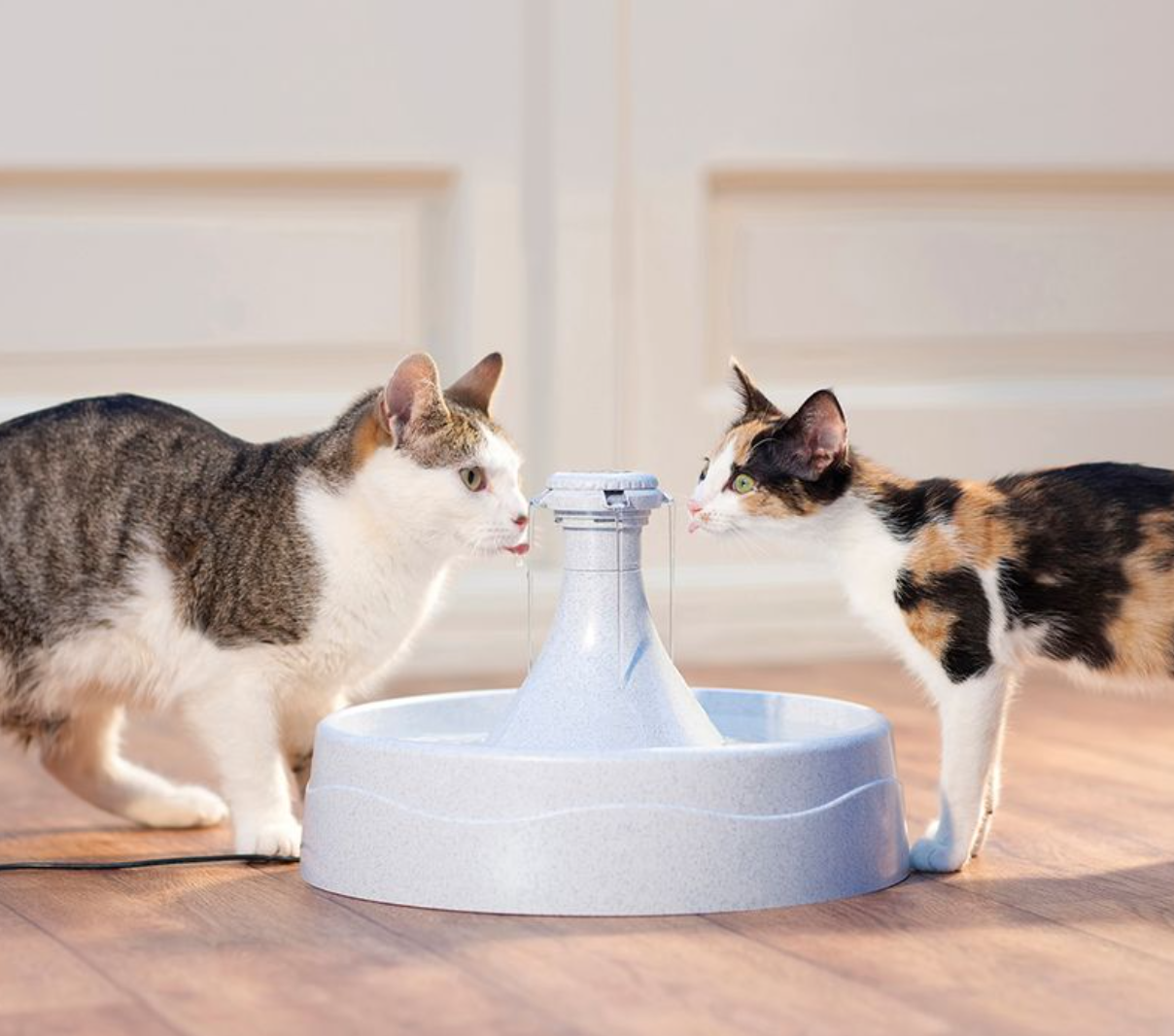Are Cats Susceptible to Pollen Allergies?
When we think of allergies, we often associate them with humans. However, did you know that our beloved feline friends can also be susceptible to allergies, including pollen allergies? Just like humans, cats can experience an immune response sensitivity to certain substances, known as allergens, which can trigger allergic reactions. In this article, we will explore the topic of pollen allergies in cats, including the symptoms, causes, diagnosis, and treatment options available.
Understanding Pollen Allergies in Cats
What are Pollen Allergies?
Pollen allergies, also referred to as seasonal allergies or atopic dermatitis, occur when a cat's immune system overreacts to pollen, a common airborne allergen. Pollen is released by trees, grasses, and weeds during their respective pollination seasons. While some cats may not develop these allergies until they are older, others may exhibit symptoms early in life.
Symptoms of Pollen Allergies in Cats
Pollen allergies in cats can manifest in various ways. The most common signs include:
Excessive scratching at the skin and ears
Overgrooming
Head shaking
Ear infections or odor
Chewing on their paws
Vomiting or hairballs
Hair loss
Sore-like lesions on the skin (eosinophilic plaques)
Crusts on the skin
Lethargy
Irritability
Scratching at the eyes
Watery eyes
Runny nose
Excessive coughing or sneezing
It is important to note that cats may not exhibit all of these symptoms, and the severity of the symptoms can vary from cat to cat.
Causes of Pollen Allergies in Cats
Pollen allergies in cats occur when a cat inhales (inhalant allergy) or comes into direct contact with pollen (epicutaneous allergy), which triggers an inappropriate response in the immune system. The immune system then reacts by causing inflammation of the skin and ears, leading to itchiness, redness, and discomfort for the cat. It is worth noting that pollen can enter houses on our clothes and through open windows, making even indoor cats susceptible to pollen allergies.
Diagnosing and Treating Pollen Allergies in Cats
Diagnosis of Pollen Allergies in Cats
If you suspect that your cat may have pollen allergies, it is essential to consult with a veterinarian for a proper diagnosis. The veterinarian will conduct a thorough examination of your cat to rule out other possible causes of the symptoms. It is helpful to provide your veterinarian with a detailed medical history, including any changes in your cat's environment or diet.
To determine if your cat has pollen allergies, your veterinarian may recommend the following diagnostic tests:
Allergy Testing: Allergy testing can help identify the specific pollen causing the allergic reaction. Intradermal allergy testing, similar to the scratch test for allergies in humans, involves injecting small amounts of allergens under the cat's skin and observing the reaction. Serum allergy testing using a blood sample can also be used to determine specific allergies.
Elimination Diet: In some cases, a strict elimination diet trial may be recommended to rule out food allergies as the cause of the symptoms. This involves feeding your cat a novel protein or hydrolyzed protein diet for a certain period while monitoring for any improvements in symptoms.
Treatment Options for Pollen Allergies in Cats
While there is no cure for pollen allergies in cats, several treatment options can help manage the symptoms and improve your cat's quality of life. The appropriate treatment plan will depend on the severity of the allergies and the individual cat. Some common treatment options include:
Medications: Your veterinarian may prescribe medications to alleviate the symptoms associated with pollen allergies. These may include antihistamines to reduce itching and inflammation, corticosteroids to control inflammation, or antibiotics to treat secondary infections.
Immunotherapy: Immunotherapy, also known as allergy shots, is considered the most effective long-term treatment for pollen allergies in cats. Allergy shots involve gradually exposing the cat to small amounts of the allergen to desensitize their immune system. This process can help reduce the severity of allergic reactions over time.
Environmental Management: Taking steps to minimize your cat's exposure to pollen can also help manage their allergies. This includes keeping windows closed during pollen season, wiping your cat's paws after outdoor excursions, and regularly cleaning your home to reduce allergen buildup.
Preventing Pollen Allergies in Cats
While it may not be possible to completely prevent pollen allergies in cats, there are measures you can take to minimize their exposure and reduce the severity of their symptoms:
Keep windows and doors closed during peak pollen seasons.
Avoid allowing your cat to spend excessive time outdoors when pollen counts are high.
Wipe your cat's paws with a damp cloth after outdoor activities to remove potential allergens.
Use hypoallergenic shampoos or wipes to cleanse your cat's fur and remove pollen particles.
Maintain a clean home environment by regularly vacuuming and dusting to eliminate allergens.
Consult with your veterinarian about the use of supplements or medications that can help strengthen your cat's immune system.
Remember, each cat is unique, and what works for one may not work for another. It is important to work closely with your veterinarian to develop a personalized plan that suits your cat's specific needs.
Conclusion
Pollen allergies can significantly impact a cat's quality of life, causing discomfort and distress. By recognizing the symptoms, seeking veterinary care, and implementing appropriate treatment and prevention strategies, you can help manage your cat's pollen allergies and provide them with a happier and healthier life. If you suspect that your cat may have pollen allergies, consult with your veterinarian for a proper diagnosis and guidance on the best course of action.
Disclaimer: This article is for informational purposes only and should not replace professional veterinary advice. Always consult with a qualified veterinarian for diagnosis and treatment options tailored to your cat's specific needs.
Primary Keyword: pollen allergies in cats
Secondary Keywords: seasonal allergies in cats, atopic dermatitis in cats, diagnosing pollen allergies in cats, treating pollen allergies in cats, preventing pollen allergies in cats

































